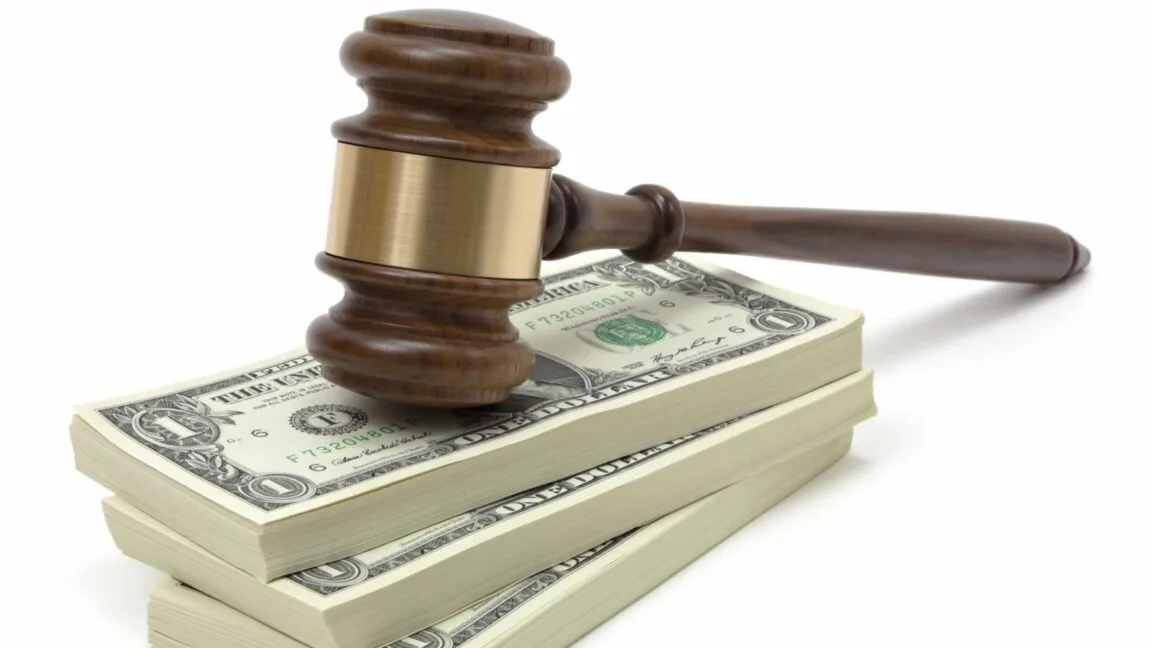- cross-posted to:
- [email protected]
- [email protected]
- cross-posted to:
- [email protected]
- [email protected]
For those looking for a quick summary, the first line in the story is the big point.
The Supreme Court yesterday rejected the broadband industry’s challenge to a New York law that requires Internet providers to offer $15- or $20-per-month service to people with low incomes.
The bigger take away hearkens us to Ajit Pai days of the FCC. Pai had led the FCC to remove the rules related to 47 USC § 254. This was part of his bigger “no net neutrality” stance or as he’d put it “free market internet”. As literally everyone indicated, once the FCC stated that they weren’t going to put into place rules for 47 USC § 254, that opened it up for States to regulate.
Which gets us to the ISP argument that they lost on:
Second, the ABA is not conflict-preempted by the Federal Communications Commission’s 2018 order classifying broadband as an information service. That order stripped the agency of its authority to regulate the rates charged for broadband Internet, and a federal agency cannot exclude states from regulating in an area where the agency itself lacks regulatory authority. Accordingly, we REVERSE the judgment of the district court and VACATE the permanent injunction.
— Second Circuit’s original ruling
Yes, you read that correctly. The ISPs were making the argument that the law 47 USC § 254 was still in place and thus preempted any State law. To which the Courts indicated that the Federal government literally indicated that they were no longer enforcing that law so it would be up to the States to enforce it. The ISP’s central argument was that State could only regulate if the FCC removed the rule. Which if you’ve been following, in 2002 SAME TRADE GROUP made the argument that State’s couldn’t regulate as the Internet is an Interstate issue that can only be handled by Congress.
Literally the ISPs and their trade group are trying to get into a legal catch-22 here.
The biggest thing ISPs are trying to avoid is this universal service rate, because this is usually how things start before they become utility. And ISPs are seeing this as “if we don’t stop this now, we’re going down a road of utility Internet”. Which they would not like.
All I have to say is that, it’s good SCOTUS dropped this because the trade group has been double talking this issue to death. This hardly ends the case, it just means the ISPs will need to look for a new avenue for blocking, which given the Trump administration coming in, they’ll have plenty of new legal in-roads built for them.
So this is FAR from the last we’re hearing about this issue.
Fantastic summary!

Damn, I hope my state picks that up. I’m on a “budget” plan that’s almost three times that price, and my speeds are much faster than I actually need.
same thing here on the other side of the planet, the cheapest i have available is 500 Mbps. it’s only 20€ though.
Broken clocks and all that
Fuck 'em all!
I personally don’t care for the government fixing prices but at the same time I can’t really feel bad for ISPs.
Worth noting that they wouldn’t exist at all without eminent domain to run the cables.
They’re inherently public infrastructure no matter how they present themselves.
Honestly the government should just rent the back end infrastructure.
I’m definitely on team “eminent domain the cables back”. None of them have used the privilege for the benefit of the public.







